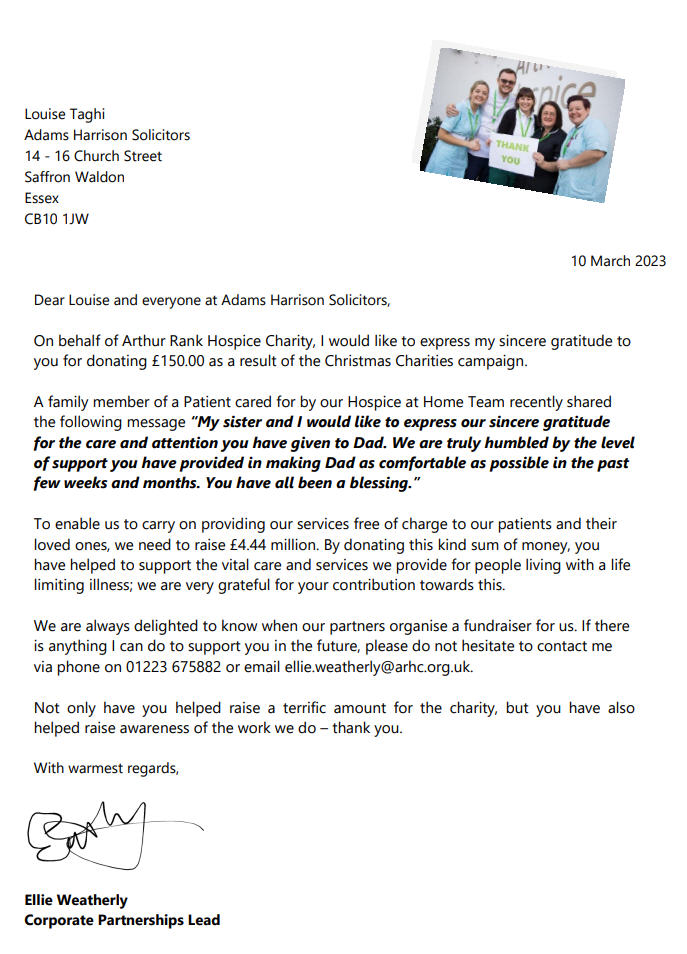A Career in Law has always been one of my biggest aspirations, yet I always find that I have a hard time articulating exactly what it is that has drawn me towards such a career path. If I had to put it in words, however, it would be the meaning of the work I have, following the path of justice, and trying to enforce the laws of the land. Studies have shown that when an employee’s work has meaning, employees are far less likely to leave their jobs, and employee satisfaction is higher. There is also massive opportunities for career growth in Law. There are jobs for someone of every skill level, from entry-level paralegals and associates, to international Lawyers, with the job of dealing with country’s relations, and enforcing Law on the world stage. The opportunity for promotion and career growth, as a result, is massive. Furthermore, Law is far from mundane. The puzzles that Law presents are stimulating, encourage out-of-the-box thinking, and the opportunity for both practical and impractical thinking.
My Personal Experiences Regarding the Law.
My first experience to do with the Law was during my parents’ divorce, which turned out to be more drawn-out than expected, with cases spanning for 7-8 years regarding things like child maintenance payments, frequency of visits etc. Of course, I didn’t have a massive role to play in terms of my opinion and provenance in the case, at the start, but as I got older, I became more involved in the system, and began to gain an experience in the court process, although I never actually went to court myself. I then gained some more experience in Law, although this time in the Bar Mock Trial System, in which took place from November 2021 to March 2022, in which I took the part of a witness in an ABH trial, which was quite interesting as I got to experience how the witness would experience the examination-in-chief, which would be more relaxed and quite well-rehearsed, as opposed to the Cross-Examination, in which you, as a witness, have to know your statement inside and out, and be able to think about different interpretations of the same statement and pick apart different parts of the statement to answer the question in a way the opposition lawyer wouldn’t expect. I also got feedback from working judges on how the team performed and some generic feedback on how to conduct yourself as a lawyer, which I will use to build on.
The Biggest Problems Facing the Law industry.
As of now the biggest problems facing the Legal industry is the competition for applicants, which means that talent in the industry is dying. As demand for legal services increases, the potential job opportunities increase along with it, as a firm’s workload increases as well. This means that firms are all vying for the same employees, meaning these increased Job Vacancies aren’t filled, as there are simply not enough lawyers available. This then means that firms are forced to settle for lower-quality employees to fill their vacancies, decreasing the quality of lawyers at the firm. On the flipside, for the employee, this is a positive, as job security is higher, and the opportunity for promotion is higher, as it there is a vacancy in your firm for a partner and you are an associate, and the firm fails to fill the void externally, the firm will have to recruit internally, meaning that you have more chance to be promoted. A problem for the employee, however, is that the path to qualifying as a solicitor, or a barrister, is strenuous and costly. Qualifying as a solicitor takes a grand total of 6 years, post 6th form/college, and costs anywhere from £40,000 up to £65,000, and this debt incurred from the education system can cripple you, and a career as a Barrister spans 5 years, with a potential cost of £40,000 up to £60,000, and although the path to becoming a Barrister is shorter and cheaper, the path is considered to be more exhausting and intense. The best way to combat this is to keep unnecessary costs low, for example, if you want to do Law, but did not take a Law Degree, it costs anywhere from £7,000 to £12,000, and adds an extra year or two on to the qualification process, and you will also have paid work experience, in the case of the barrister which will help massively to combat the fees incurred at an early stage.
The Future of Law.
The demand for Lawyers isn’t stopping, in fact job reports show that there is a positive trend of 9% in law positions from 2020 to 2030. This means that lawyers are needed in the future, and with the increase of business globalisation and technology, Law takes the global stage. Law is essential for a functioning society, and in the future, with expanse in the ability to communicate on a global level, Law will play a role in preserving the boundaries in globalisation, and it will also be there to preserve climate change laws, ensuring businesses and governments alike are working with the intentions of helping the climate and preserving our world.
In conclusion, the Law Industry is looking promising from the perspective of a high school student like myself, the opportunities are massive, job security is incredible, and a career in Law is known for wreathing economic downturns, in addition to the job security in a prospering economic climate. The job opportunities that will be available in the future with technological advances will also be interesting, adding a never-seen-before area to law. I am optimistic for the Law industry in about 10 years’ time when I will be hopefully starting my career as a lawyer, and you should be too.
Written by a recent work experience student at Adams Harrison










